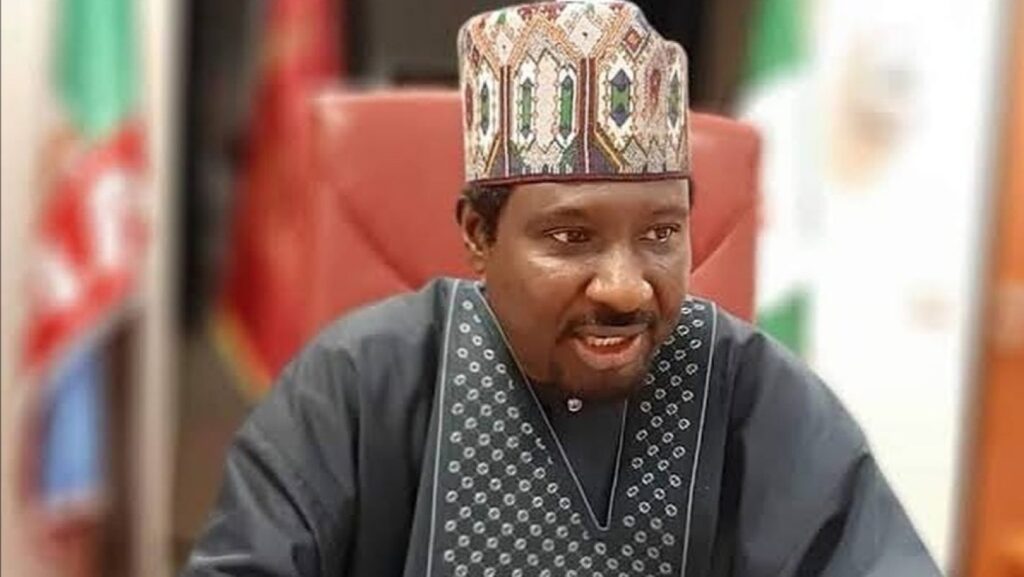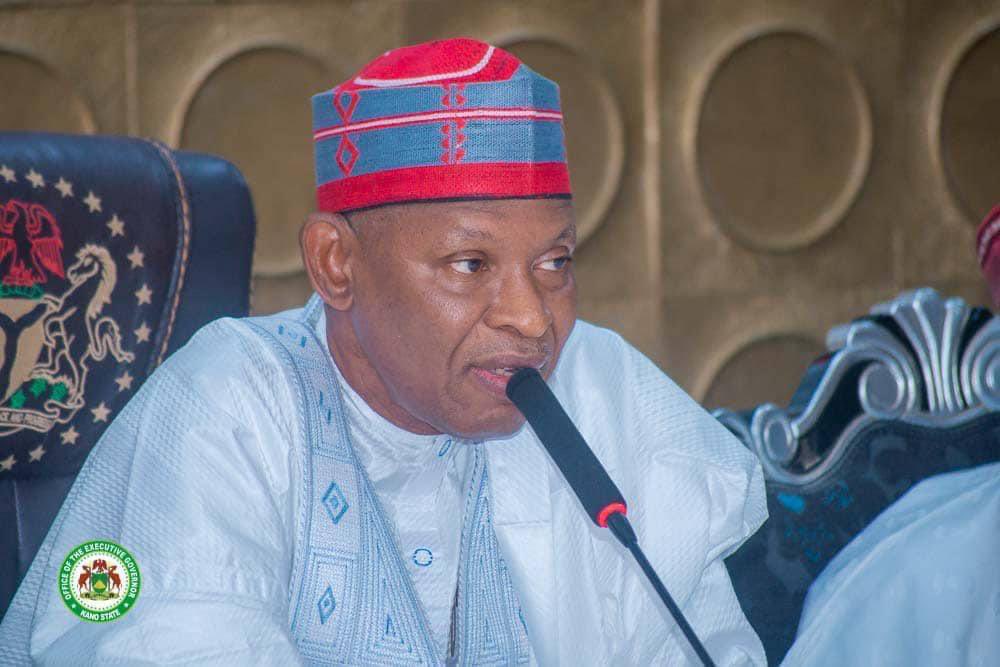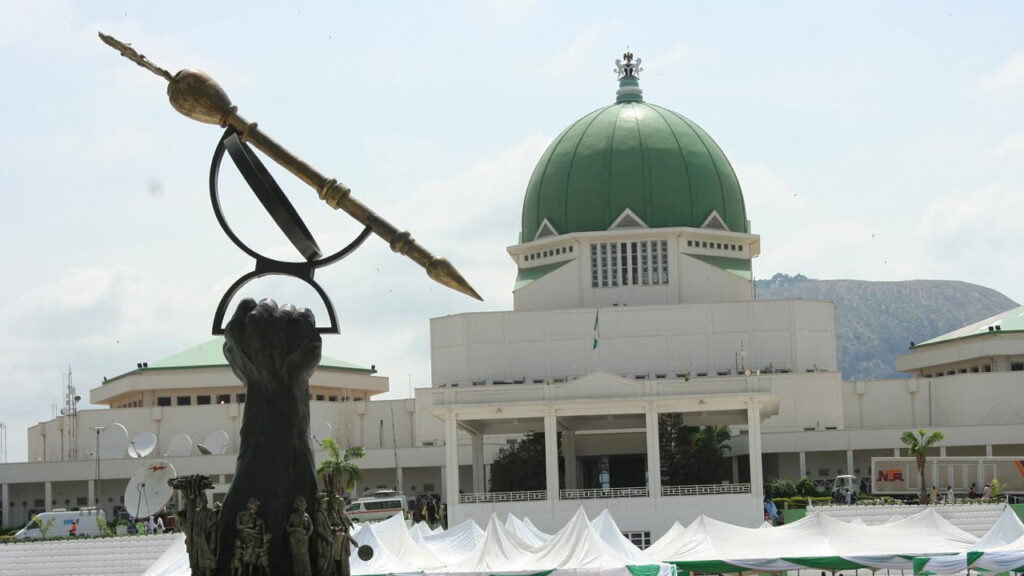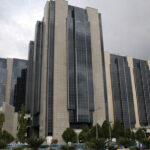In today’s globalised world, economic prosperity is closely intertwined with national security. For Nigeria, harnessing the power of counterintelligence can play a crucial role in crafting and safeguarding economic policies that drive growth and attract foreign investments. Counter intelligence, which involves activities aimed at protecting a nation from espionage, sabotage, and other threats posed by foreign intelligence entities, can provide a strategic edge in ensuring economic stability and fostering a conducive environment for investment.
This article delves into how Nigeria can utilise counter intelligence to enhance its economic policies and achieve sustainable growth. One of the primary ways counter intelligence can bolster Nigeria’s economic policies is by protecting sensitive economic data and intellectual property (IP). Economic data, including trade secrets, financial strategies, and technological innovations, are prime targets for espionage by foreign entities. Effective counterintelligence measures can help detect and thwart attempts to steal this valuable information.
For example, by implementing robust cyber security protocols and continuously monitoring for cyber threats, Nigeria can safeguard its digital infrastructure against intrusions. Additionally, educating businesses and research institutions about counterintelligence threats and best practices for IP protection can minimise vulnerabilities. By securing economic data and IP, Nigeria can ensure that its economic policies are based on accurate and untainted information, fostering innovation and competitive advantage.
A secure environment is a fundamental prerequisite for economic growth and attracting foreign investments. Investors are naturally drawn to stable and secure regions where their assets and operations are protected from risks such as political instability, terrorism, and crime. Counterintelligence efforts play a vital role in enhancing national security by identifying and neutralizing threats from hostile foreign actors.
For instance, Nigeria’s counterintelligence agencies can work to uncover and dismantle networks engaged in espionage, sabotage, and other malicious activities. By doing so, they can create a safer environment for both domestic and foreign businesses. Moreover, a demonstrated commitment to security can enhance Nigeria’s reputation as a reliable investment destination, thereby attracting more foreign direct investment (FDI).
Economic sabotage, such as cyber-attacks on financial institutions or critical infrastructure, can have devastating effects on a nation’s economy. Counterintelligence can help prevent such incidents by identifying potential threats and taking proactive measures to mitigate them. This includes monitoring and intercepting communications of groups or individuals plotting economic sabotage, as well as fortifying critical infrastructure against attacks.
For example, Nigeria can establish specialised counterintelligence units focused on protecting key economic sectors such as energy, banking, and telecommunications. These units can collaborate with other security agencies and the private sector to share intelligence and coordinate responses to potential threats. By preventing economic sabotage, Nigeria can maintain the integrity and resilience of its economic systems, fostering a stable environment for growth.
Counterintelligence can provide policymakers with valuable insights into the intentions and capabilities of other countries, enabling more informed economic policy decisions. Understanding the economic strategies and competitive advantages of other nations allows Nigeria to craft policies that enhance its own economic competitiveness.
For instance, counterintelligence can help identify foreign attempts to influence Nigeria’s economic policies or manipulate markets to their advantage. By staying ahead of such activities, Nigerian policymakers can design countermeasures and adopt policies that protect national interests. Additionally, insights gained from counterintelligence can inform trade negotiations, investment agreements, and other economic initiatives, ensuring that Nigeria’s policies are strategic and beneficial.
Demonstrating robust counterintelligence capabilities can build trust with foreign investors. When investors see that Nigeria is capable of protecting their investments from espionage, theft, and other threats, they are more likely to invest in the country. Trust is a critical factor in investment decisions, and a strong counterintelligence framework can significantly enhance investor confidence.
Nigeria can showcase its commitment to security by transparently communicating its counterintelligence efforts and successes. Regular updates on threat assessments, security measures, and collaborative initiatives with international partners can reassure investors of Nigeria’s dedication to creating a safe investment climate. Building such trust can lead to increased FDI, which in turn drives economic growth and development.
Nigeria should invest in countries infrastructures for the benefits of our economy stability. Counter intelligence is the key factor that for Nigeria to survive during economic turbulence. For example if the Federal government invest in Libyan telecommunications all the proceeds and profits will come directly to Nigeria, if Nigeria invest in Burger King United States all the profit and proceeds will return to Nigeria, likewise investing in the oil and gas industry in Angola it will be the same.
This is why an active counter intelligence system can is needed for Nigeria to secure more foreign currency in our reserve to avert future global economic crisis.
Lastly, incorporating counterintelligence into Nigeria’s economic strategy is essential for fostering growth and attracting foreign investments. By protecting economic data and IP, enhancing national security, preventing economic sabotage, informing policy decisions, and building trust with investors, and also protecting our foreign investments. Counterintelligence can provide a solid foundation for sustainable economic development.
As Nigeria continues to evolve in the global economic landscape, leveraging counterintelligence will be crucial in securing its economic future and achieving long-term prosperity.
Okojie is a media consultant.
By Paul Okojie













